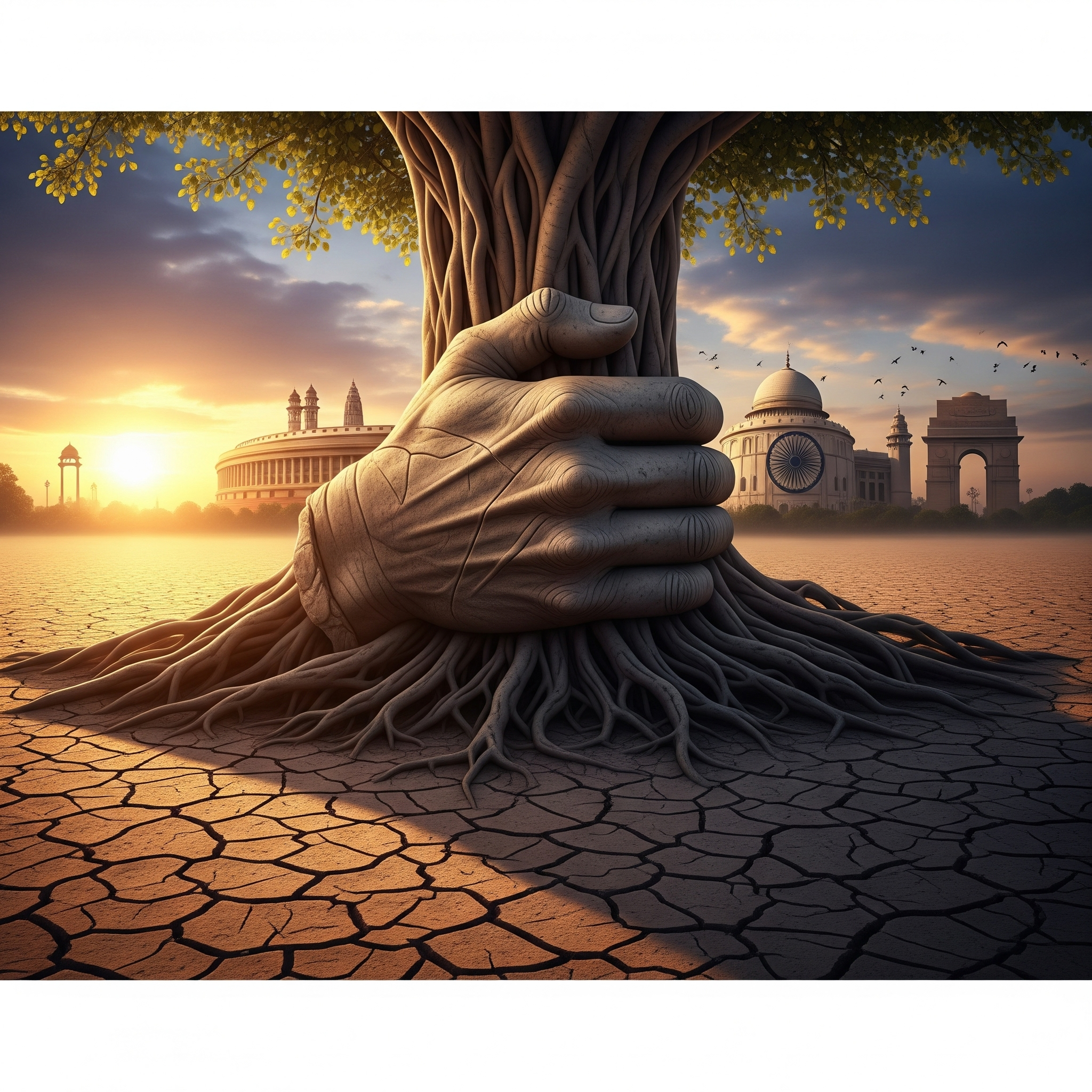
Courage and Conviction: The Foundations of Indian Democracy
Exploring the Principles That Drive the World’s Largest Democracy
Key Metrics:
- Constitutional Adoption: The Indian Constitution was adopted on January 26, 1950, with 395 articles and 8 schedules, now expanded to 470 articles and 12 schedules.
- Electoral Scale: India has over 900 million registered voters, making it the largest electoral democracy globally.
- Parliamentary Representation: The 17th Lok Sabha includes 543 elected members, representing diverse regions, religions, and communities.
- Judicial Framework: India’s judiciary, with the Supreme Court at its apex, has adjudicated on over 45,000 cases since independence.
India’s democracy, the largest and most vibrant in the world, rests on two enduring principles: courage and conviction. These foundational values have guided the nation through challenges, enabling its citizens to uphold liberty, equality, and justice. The journey from independence to becoming a global democratic powerhouse exemplifies the resilience and adaptability of Indian democracy.
Courage in Adversity: The Strength of the People
The success of Indian democracy lies in the courage of its people to overcome adversity and demand accountability. From the struggle for independence to the consolidation of democratic values post-1947, India’s journey has been marked by the bravery of its citizens.
One of the most defining moments of courage was seen during the Emergency period (1975–1977). Citizens, political leaders, and journalists united to challenge authoritarianism, demonstrating the nation’s unwavering commitment to democratic principles. This resilience has been evident time and again, from grassroots movements addressing social injustices to widespread protests against policy failures.
India’s democratic courage is also reflected in the participation of marginalized communities. Through affirmative action, such as reservations for Scheduled Castes, Scheduled Tribes, and women in local governance, India ensures that every voice, regardless of socio-economic status, contributes to its democratic fabric.
Conviction in Principles: The Backbone of Institutions
India’s democracy is built on the strong conviction of its institutions, particularly its Constitution, which embodies the ideals of justice, liberty, equality, and fraternity. The drafting of this document, led by Dr. B.R. Ambedkar, required bold decisions and foresight to ensure inclusivity and adaptability.
The judiciary, often referred to as the guardian of the Constitution, has upheld democratic principles through landmark judgments. Cases like Kesavananda Bharati v. State of Kerala reaffirmed the basic structure doctrine, ensuring that democracy remains the bedrock of governance.
Similarly, the Election Commission of India demonstrates the conviction to maintain free and fair elections, a cornerstone of any democracy. Its innovative methods, such as electronic voting machines and voter outreach campaigns, have ensured broad participation, even in remote regions.
Democracy in Action: Challenges and Opportunities
India’s democratic system, though robust, faces challenges. Political polarization, communal tensions, and economic disparities test its institutions. However, the courage and conviction of the people and leaders ensure that solutions emerge from within the democratic framework.
Youth activism, judicial interventions, and grassroots movements continue to strengthen the democratic process. Initiatives like Right to Information (RTI) and Digital India empower citizens to hold authorities accountable and bridge gaps between governance and the governed.
Conclusion
India’s democracy thrives because of the courage of its people and the conviction of its institutions. These foundations ensure that the country navigates challenges while staying true to its principles. As India evolves, these values remain steadfast, guiding it toward a more inclusive, just, and equitable future.
By fostering resilience and embracing diversity, India’s democracy sets a global example of how courage and conviction can shape a nation’s destiny.


